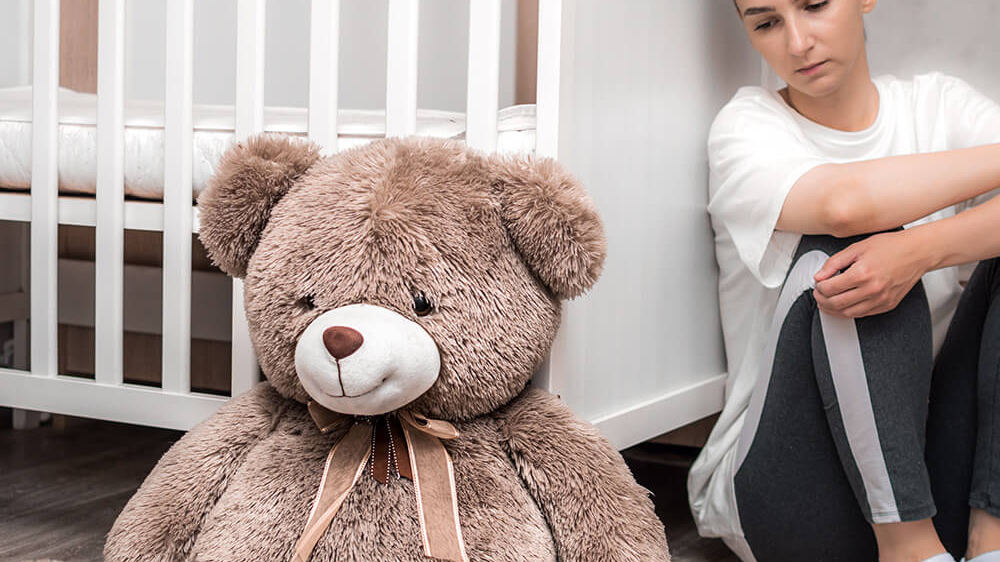Baby Blues vs. Postpartum Depression
You may be wondering, is this normal or am I experiencing postpartum depression? When should I be concerned?
This guide will help you determine what you’re probably experiencing and what to do about it.
Let’s dive in.
The Baby Blues
In the first few weeks after a baby is born, many new mothers experience what’s commonly called “the baby blues.”
The Baby Blues isn’t depression; it’s a fairly common reaction to all of the stress and physical changes that come with having a child.
It may take your body some time to adjust back to its normal state.
Symptoms of the baby blues
The following are some symptoms of the baby blues:
- Feelings of frustration and impatience
- Crying spells
- Mood swings
- Restlessness or fatigue
- Feeling disappointment
You may find yourself thinking, “What have I done?” “How can I possibly take care of this baby?” or “My old life is over.”
These feelings are totally normal and nothing to be ashamed about (and they WILL go away)!
Changes in hormones and lack of sleep — not to mention the enormous physical toll of giving birth, whether you had a vaginal birth or a C-section — are going to wear you down.
Luckily, there is a light at the end of the tunnel.
How to cope with the baby blues
It is imperative during this time to practice self-care. This means doing everything in your power to get as much sleep as you can.
Tip: 5 hours or more at a time can completely change your mood!
I know this isn’t always possible but trying to do this on days when your mood is low can really help. Even one night will make a huge difference.
Yes, you have a newborn who is very needy but remember, you are still a person with needs of your own.
Don’t be afraid to ask for help and accept it from friends and family when they offer!
Baby blues – when does it end?
Generally speaking, the baby blues begins 3-5 days after giving birth and lasts about 2 weeks.
As you begin to adjust and your hormone levels start returning to normal, you should start to feel a bit better.
If after about 2 weeks you still feel anxious, irritable, or overwhelmed, reach out to someone for help. It could be a sign of postpartum depression.
Keep reading to see if this sounds like you and if you’re not sure, I offer a clinical interview during the first session and do a thorough evaluation of your symptoms.
Postpartum depression (PPD)
If a few weeks go by and you’re still feeling low or irritable, it could be a sign of PPD.
This doesn’t mean there’s anything wrong with you or that you’re a bad mother.
In fact, PPD is extremely common.
According to the CDC, about 1 in 8 women experience PPD. It’s also very treatable and it’s important to get help right away, for your own sake and the sake of your little one.
Symptoms of postpartum depression
Symptoms of PPD are similar to the baby blues but more intense, and may include:
- Uncontrollable crying
- Feeling down or sad
- Feeling isolated or withdrawn
- Intrusive thoughts
- Doubting yourself or your ability to care for your baby
- Thoughts of harming yourself or your baby
Having a baby is hard enough and every woman deserves support. If you feel depressed, please share your feelings with someone you trust and consider getting help.
My door is always open to you.


